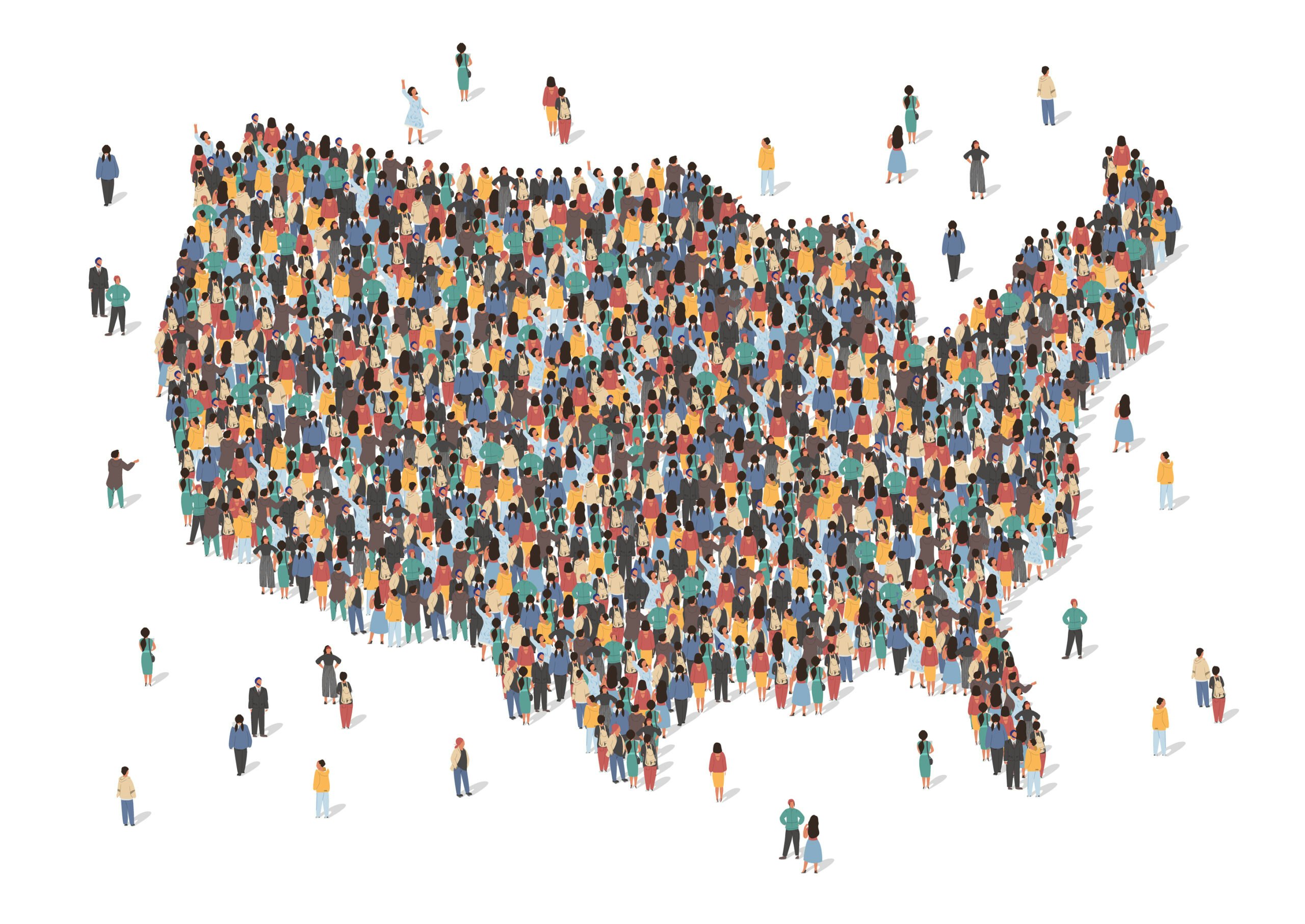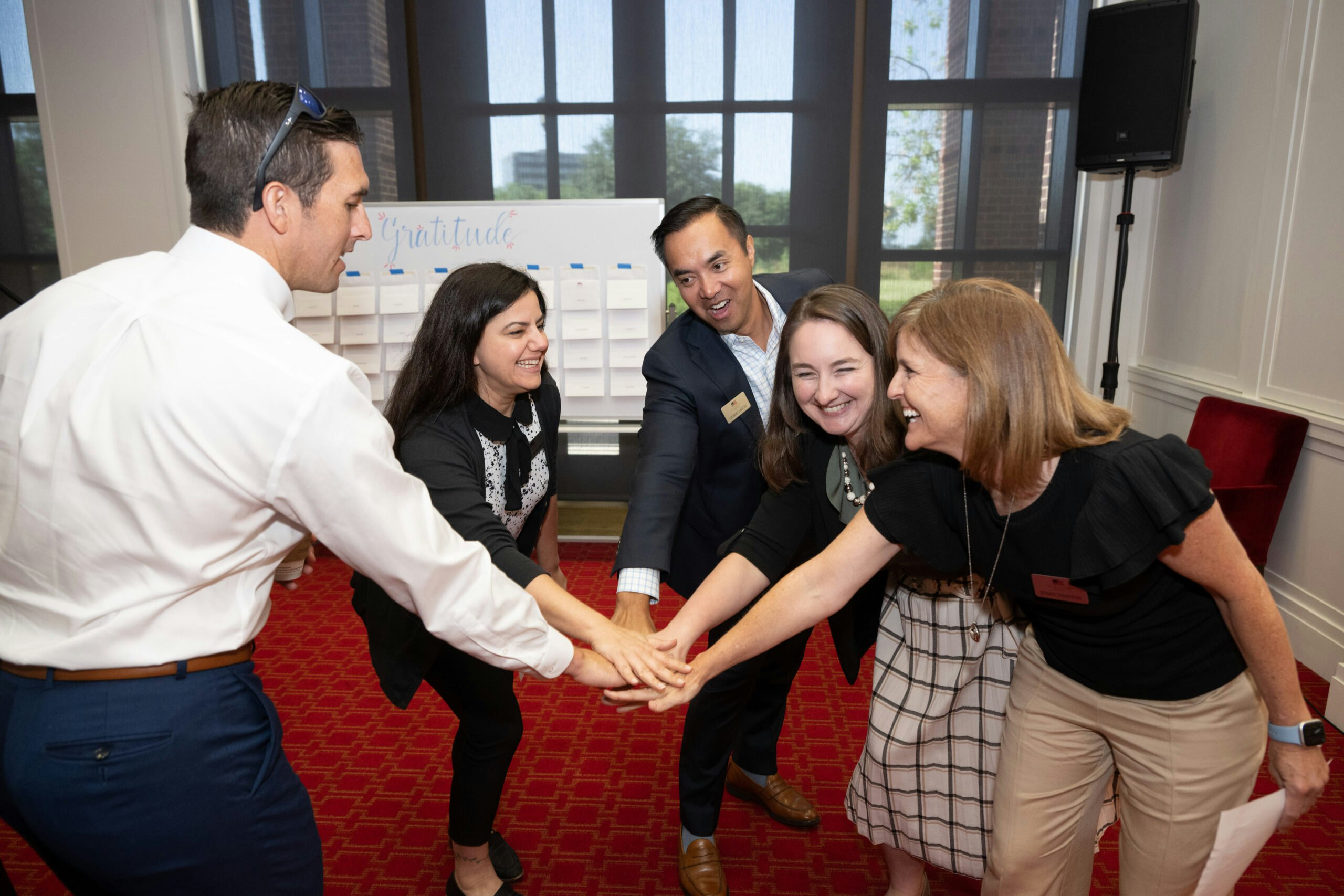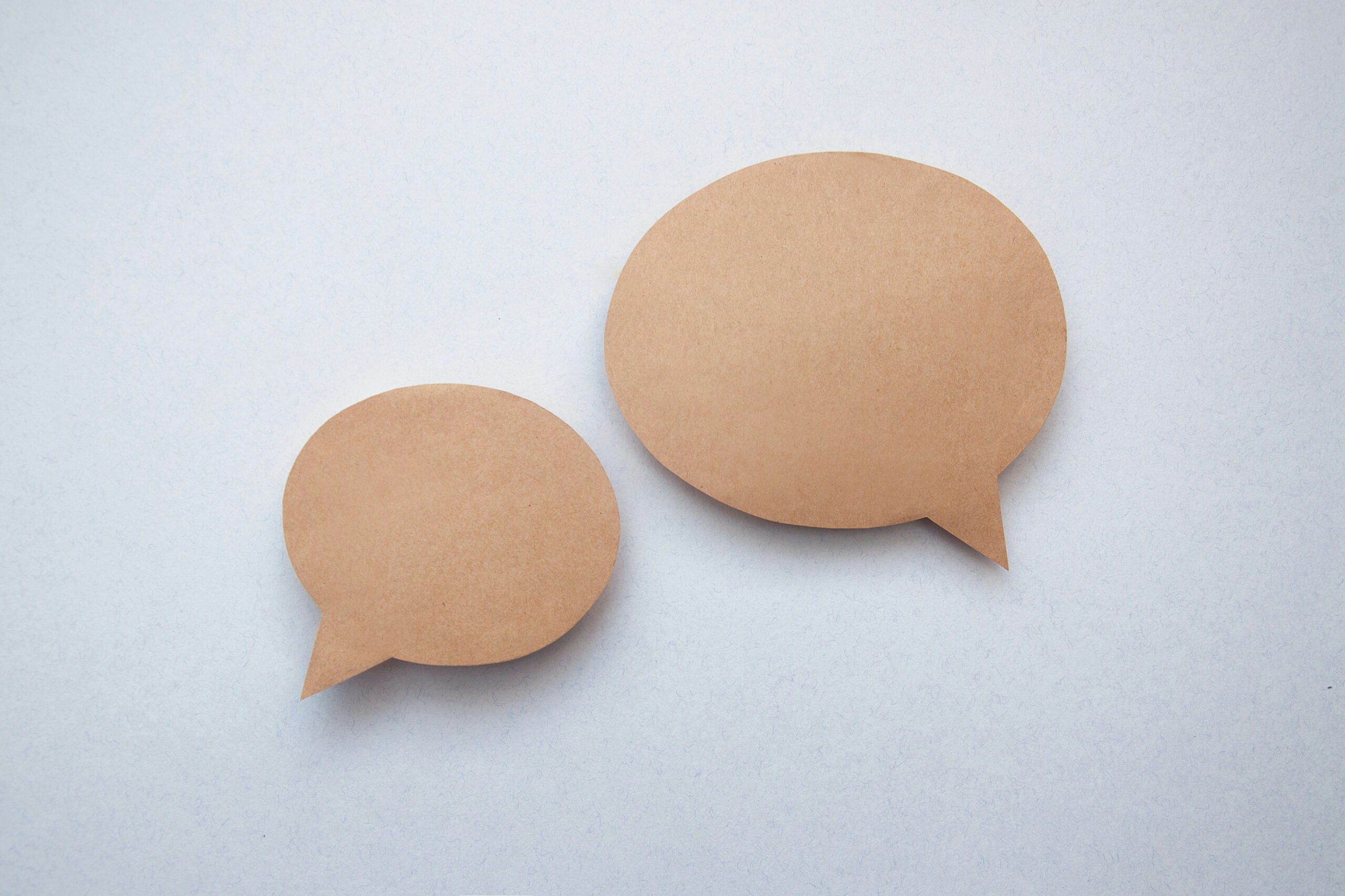Talking about suicide is hard. The language we often use to prevent suicide resembles the language we use when discussing ways for everyone to live a happy and fulfilled life – recognize and lean on your support system, be active, and stay healthy. For the average person, this seems pretty simple and easy to live out, but for others, each of these measures poses challenges physically, mentally, or financially.
Experts show that preventing suicide involves a multistep, comprehensive approach that includes access to treatment, connectedness, and developing life and coping skills for resilience. While I completely agree each of these steps and treatments is important, I would argue prevention starts with a simple practice of being kind.
To be honest, I feel like a hypocrite when writing about suicide prevention because only a few months ago, I could not prevent one of my best friends from completing suicide. It is something I now struggle with every day – celebrating her memory while constantly questioning what I could have done differently.
My friend, Ashley, was a light in my world. We spent almost every day together. She had a contagious smile and her intelligence shined in her quick wit. She was passionate and loving and was always ready for an adventure – once she had her coffee.
On paper, Ashley was doing everything a person should be doing to address her mental health challenges. She was seeing a therapist, receiving medical attention when needed, and had friends and family who loved her and whom she had leaned on before. We had an honest and loving friendship where we both openly discussed our troubles and struggles with mental health.
While she had family and friends who cared for her, she was also deeply impacted by negativity in the world and in her relationships. To put it simply, some people in her life were mean. They did not have her best interest in mind. She knew and acknowledged their toxic presence and impact on her mental health, but she yearned for their acceptance and love. It was one of her greatest attributes and flaws, she felt everything very hard. Because she felt things so passionately, words and actions took a huge toll on her. She is not alone in this intense feeling. Everyone feels and experiences things differently, some can distinguish humor while others may take the same comment seriously.
There is no better time than the present to be reminded of the impact our words and actions have on others. While the world juggles negativity and conflict, we should all be willing to do our part to create a spark of positivity and love in our communities.
At the George W. Bush Institute, we are working hard to promote examples of kindness and caring for others through programs focused on civility and resources like Check-In that connects veterans and their family members to high-quality mental and brain health care. We promote and support compassionate policy that ensures opportunity for all, both here at home and abroad.
As one of my heroes, Mr. Fred Rogers, once said, “There are three ways to ultimate success: The first way is to be kind. The second way is to be kind. The third way is to be kind.” So, as we think about mental health and honor Suicide Prevention Awareness Month, remember to be kind to others and yourself. I have learned a lot through my grief, particularly regarding the lasting impact we all have on one another, and although this has been a difficult process, the kindness shown to me over the last few months has given me hope. I challenge you to love and be loved, accept and give compliments, check in on your family and friends, and be honest and vulnerable when talking about your own mental health to loved ones. Words have meaning and impact, be intentional with what you say and invoke kindness, you never know who might really need it.




























